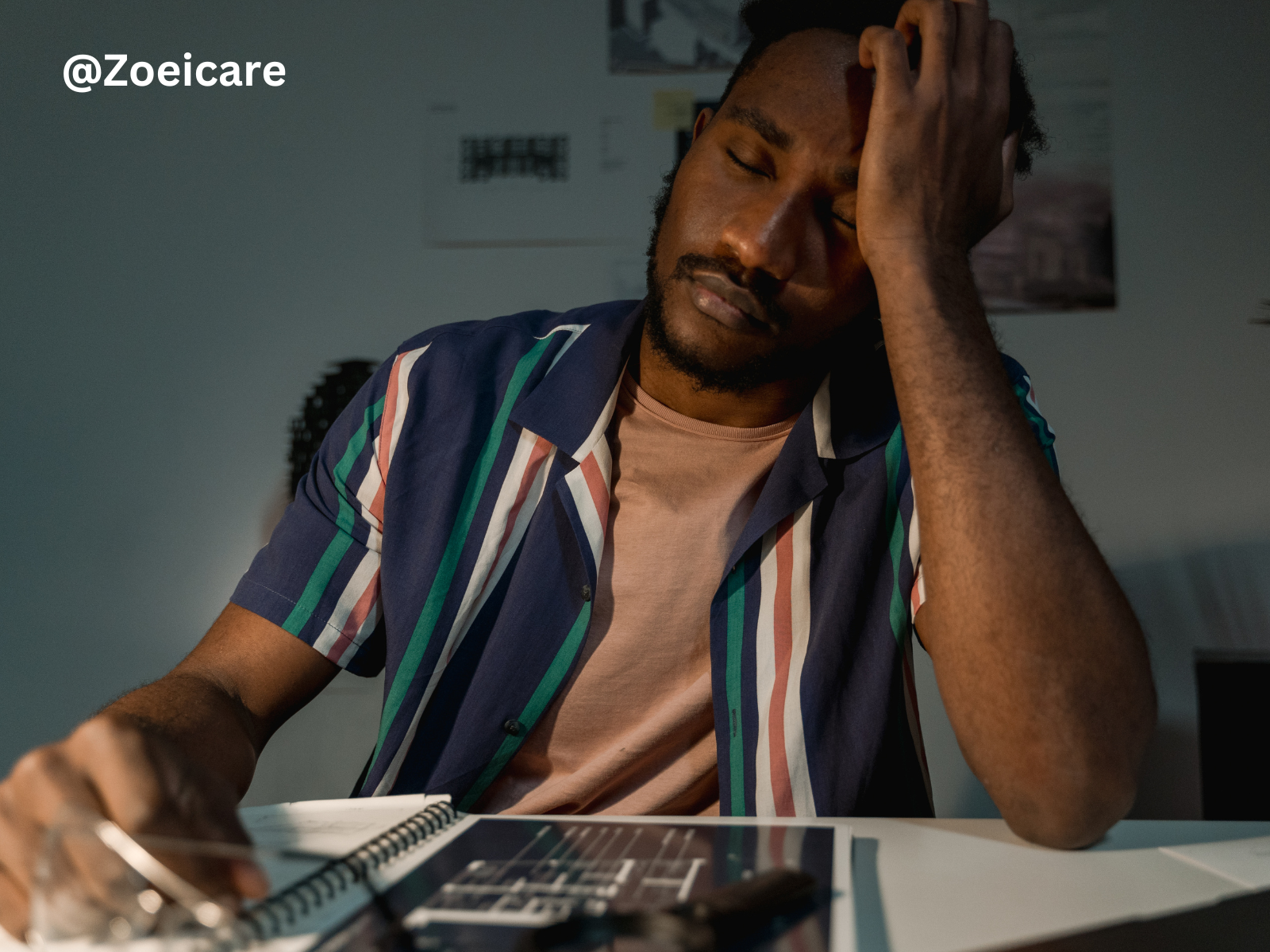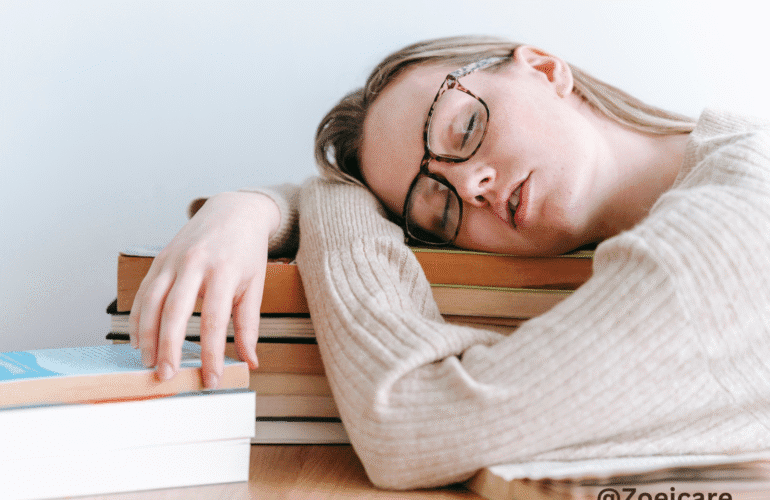Zoe Psychiatry's Guide to Nacroplesy Treatment and Support
Intro
Narcolepsy is a chronic neurological condition where the brain can’t properly control sleep-wake cycles. People with narcolepsy may suddenly fall asleep during the day—even in the middle of a conversation or activity. While it can be serious and disruptive, narcolepsy is manageable with the right care and support.
At Zoe Psychiatry and Sleep Medicine, we help patients regain control of their lives with personalized treatment plans and the latest in sleep medicine solutions.
What are the symptoms of narcolepsy?
- Excessive daytime sleepiness: The most prominent symptom. People feel overwhelmingly drowsy and may fall asleep without warning.
- Cataplexy: Sudden muscle weakness or paralysis triggered by strong emotions such as laughter, surprise, or anger.
- Sleep paralysis: Temporary inability to move or speak when falling asleep or waking up, often frightening.
- Hallucinations: Vivid dream-like experiences that occur at sleep onset (hypnagogic) or upon waking (hypnopompic).
- Disrupted nighttime sleep: Despite frequent daytime sleepiness, individuals often experience poor quality or fragmented sleep at night.
What causes narcolepsy?
Narcolepsy is often linked to a loss of hypocretin (orexin)—a brain chemical responsible for regulating wakefulness. In many cases, this is due to an autoimmune response, although genetics and environmental triggers may also play a role.
How is narcolepsy diagnosed?
Diagnosis begins with a comprehensive evaluation of your symptoms and sleep habits. At Zoe Psychiatry and Sleep Medicine, we may recommend:
– Sleep studies (Polysomnography): To monitor brain activity, eye movements, and muscle tone during sleep.
– Multiple Sleep Latency Test (MSLT): To assess how quickly and frequently you fall asleep during the day.
– Clinical interview: To rule out other sleep disorders or mental health concerns that may mimic narcolepsy.
Is narcolepsy treatable?
Yes. While there is no cure yet, narcolepsy is highly manageable with a combination of strategies:
Medication management:
– Stimulants or wakefulness-promoting agents to combat daytime sleepiness.
– Sodium oxybate to improve nighttime sleep and reduce cataplexy.
– Antidepressants to manage cataplexy, hallucinations, and sleep paralysis.
Behavioral and lifestyle support:
– Scheduled naps throughout the day.
– Good sleep hygiene and consistent sleep routines.
– Avoiding caffeine and alcohol before bedtime.
Mental health support:
Narcolepsy can affect mood, motivation, and overall well-being. Our integrated psychiatric care provides the emotional and psychological tools to thrive despite the diagnosis.
Can people with narcolepsy live full lives?
Absolutely. With the right care plan, education, and support, individuals with narcolepsy can live full, productive, and joyful lives. Many patients report major improvements in energy, mood, and daily function with treatment.
Conclusion
If you or someone you love is experiencing excessive daytime sleepiness or other signs of narcolepsy, don’t wait. Early diagnosis and treatment can make all the difference.
At Zoe Psychiatry and Sleep Medicine, we specialize in compassionate, evidence-based care for sleep disorders and mental health. Call our office or book an appointment online today to begin your journey toward better sleep and a better life.




